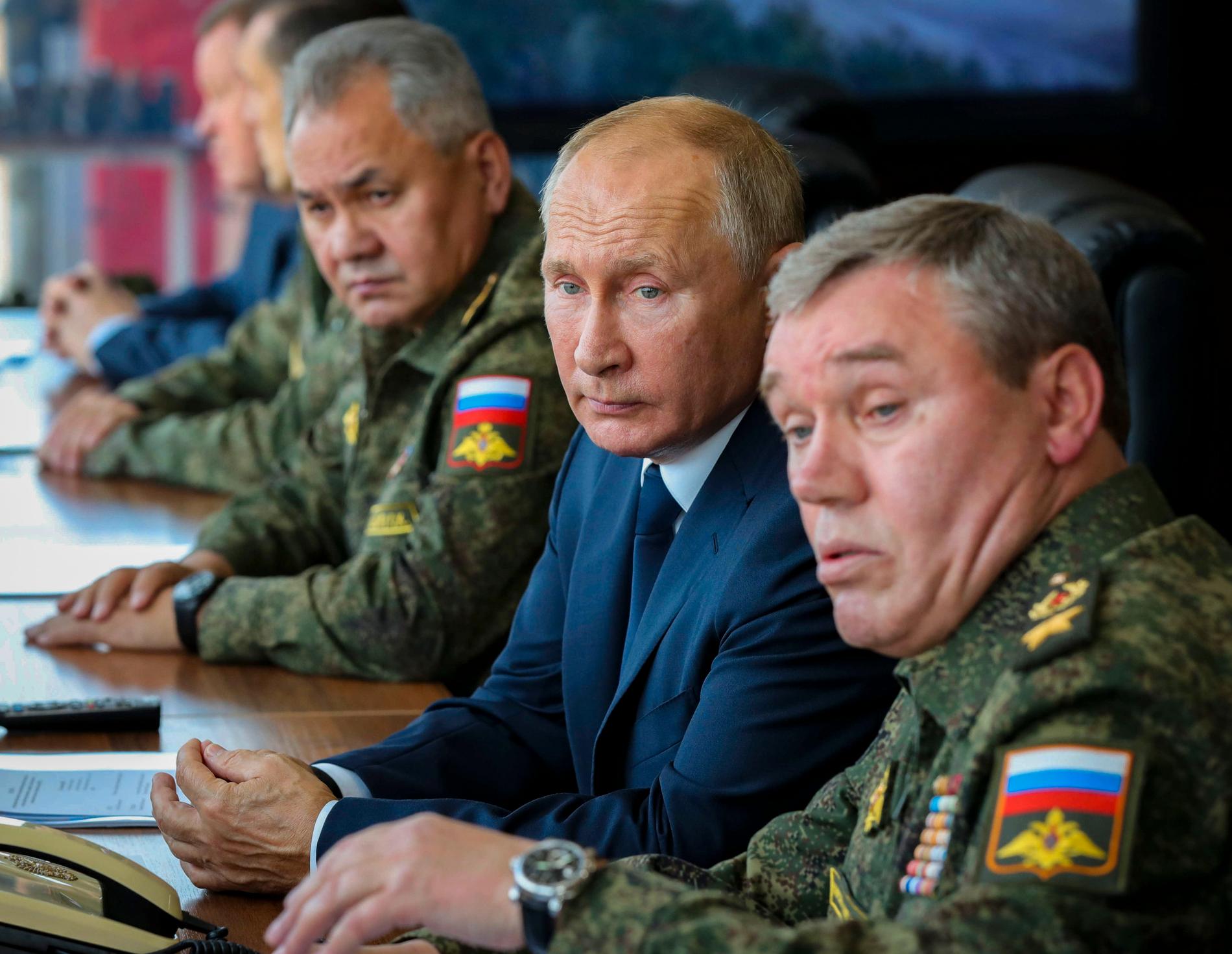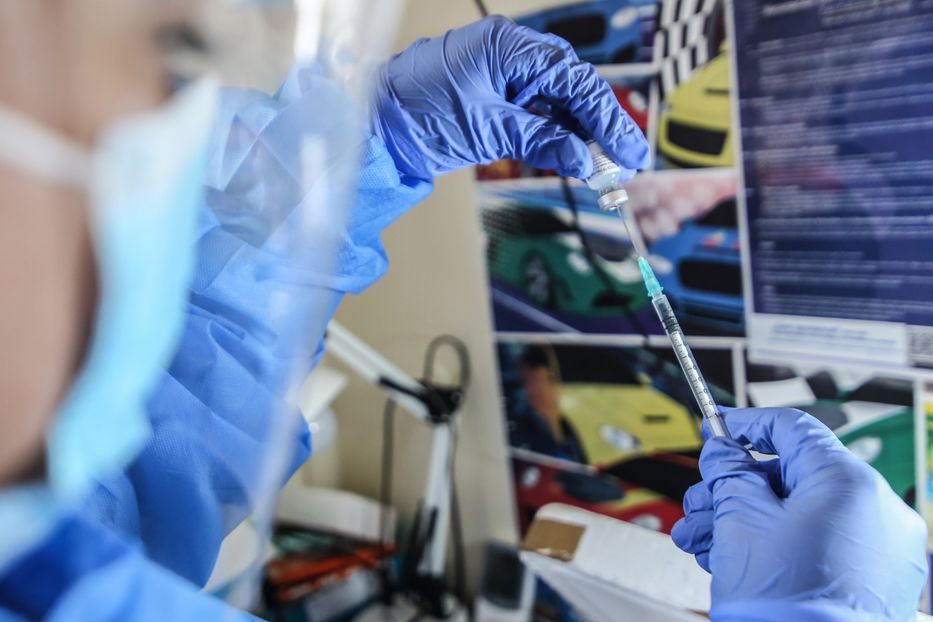Russian President Vladimir Putin is directly involved in assessing the movements of Russian forces in Ukraine, military sources told The Guardian newspaper. Norwegian experts think it may be true.
Just updated
–
“Vladimir Putin has become so personally involved in the war in Ukraine that he makes operational and tactical decisions on a par with brigades and colonels,” writes the British newspaper, citing “Western military sources”.
According to the sources, the Russian president is helping to decide the movements of the Russian forces in the Donbas, eastern Ukraine.
The offensive that the Russians were to start in that area, after withdrawing from a not particularly successful offensive against the capital Kyiv, has gone far worse than the Russians had hoped. Among other things, Lieutenant Colonel Palle Ydstebø, who is an expert on military strategy at the War College, told VG last week.
And satellite images revealed, among other things, that the Ukrainians had taken out large parts of a Russian battalion who had tried to cross the river Siverskyi Donets.
– There is a lot that has gone wrong for the Russians, said Ydstebø, after seeing these pictures:
1 / 11
–
Together with top general
Whether Putin was involved in the choice of where and when to cross that river is not known. according to The Guardian their sources have not provided any further information regarding the allegations that the president is involved at a level of detail that is highly unusual for a president of a warring country.
The only other sources expressed were that the information came from intelligence they had received, and that Putin was involved in the decisions along with General Valery Gerasimov, who is the top leader of the Russian forces. The latter is in contrast to claims from Ukraine last week that the general was put on the sidelines.
It is also not uncommon for generals at Gerasimov’s level to be so involved.
Fear of Putin
Russia expert and senior researcher at the Norwegian Institute of Foreign Policy (Nupi), Helge Blakkisrud is still not surprised. He says the Putin regime has long been characterized by what is often referred to as “manual control.”
– This means that Putin must intervene and override the bureaucracy, partly due to unclear division of responsibilities between different institutions, and partly due to refusal to make decisions which means that what should be routine decisions are pushed upwards in the system.
– Is it fear of Putin that leads to such a decision refusal?
– Yes. There is a fear of being held accountable. Putin’s “power vertical” is designed to channel decisions from the center of power down through the system. It is less effective when it comes to making lower level decisions. Fear of making mistakes and being held accountable pushes the level of decision-making upwards in the vertical. And in the end, it is expected that the president will cut through, says Blakkisrud.
Rarely leads to success
Chief researcher Kristian Åtland at the Norwegian Defense Research Establishment (FFI) also tells VG that he thinks it may well be true that Putin has been, and still is, personally involved in operational and tactical decisions in the war in Ukraine.
That political leaders engage in professional military assessments and do not respect the traditional distinction between the political and the military sphere, Åtland believes can be problematic, and rarely leads to success on the battlefield.
– This does not necessarily mean that Putin alone is to blame for Russia’s failure to achieve its goals in Ukraine. The military must, of course, take their share of the blame for things not going as expected. There are many indications that the operation from the outset has been poorly planned and poorly managed by the military, and the logistics have obviously not worked. On top of all that, the Russian security services have made gross misjudgments of the situation in Ukraine, says the Russia expert.
He believes it is natural to be frustrated at the highest political level when things are going as badly as they have done with Russian forces in Ukraine. For Putin’s part, another factor comes into play:
– The fact that the future of the Putin regime largely depends on how the war in Ukraine ends, probably contributes to intensifying Putin’s impatience and frustration. Such frustration can easily slip into an excessive belief in one’s own competence, and increased political involvement in professional military assessments, says Åtland.
–


